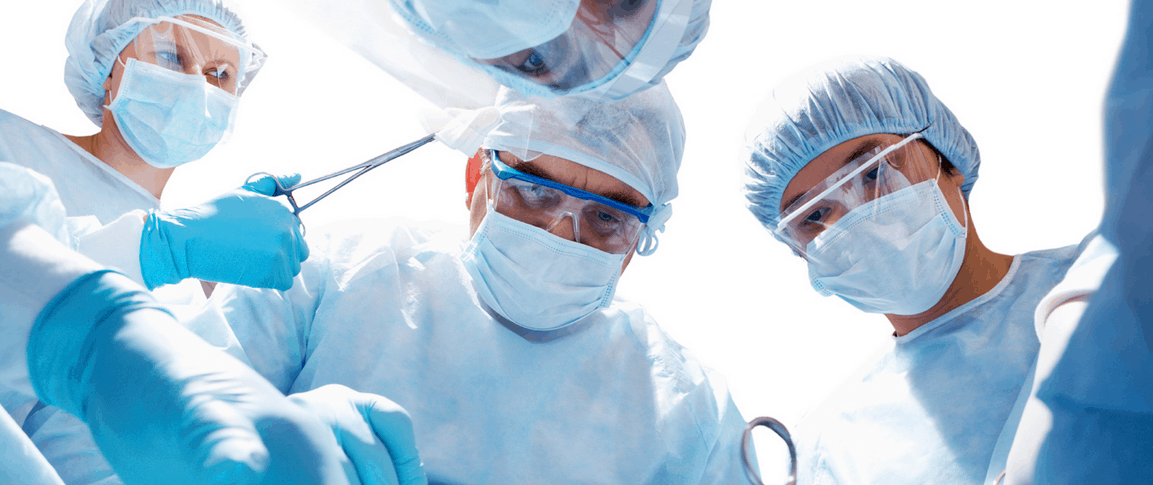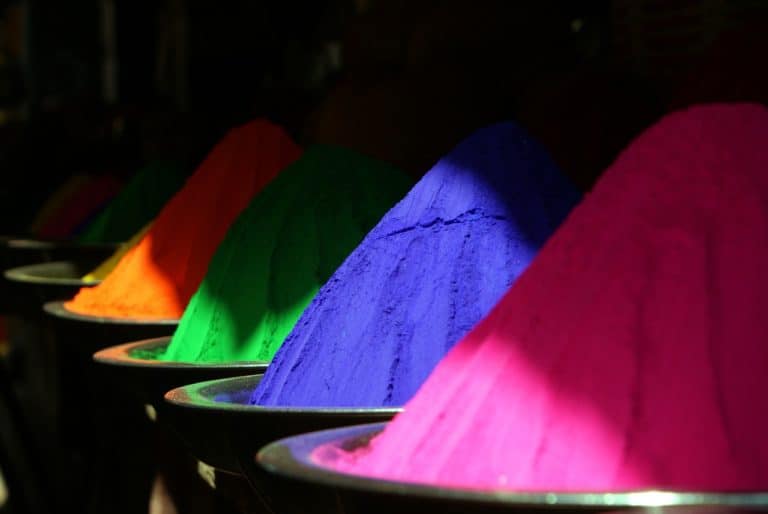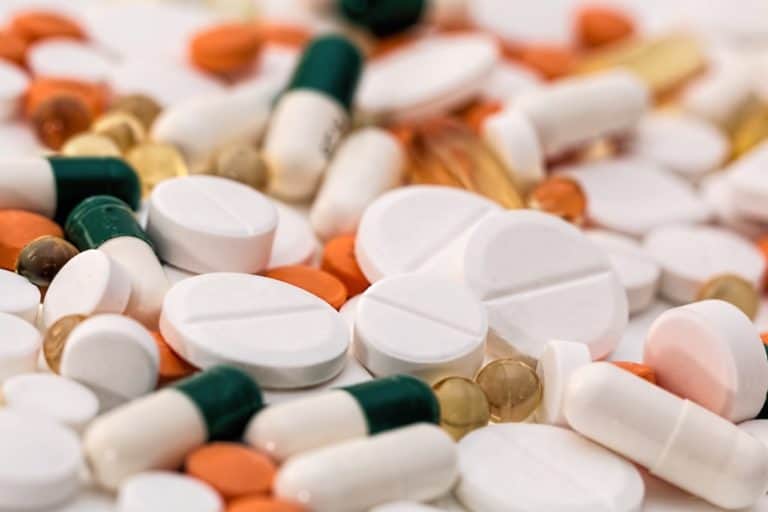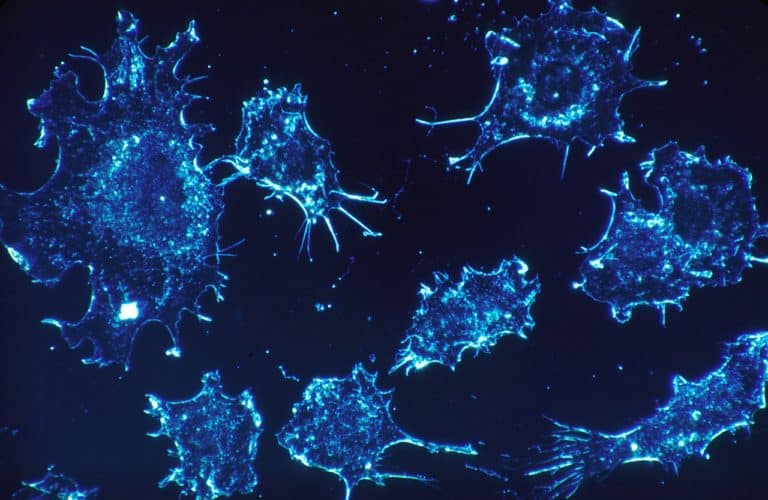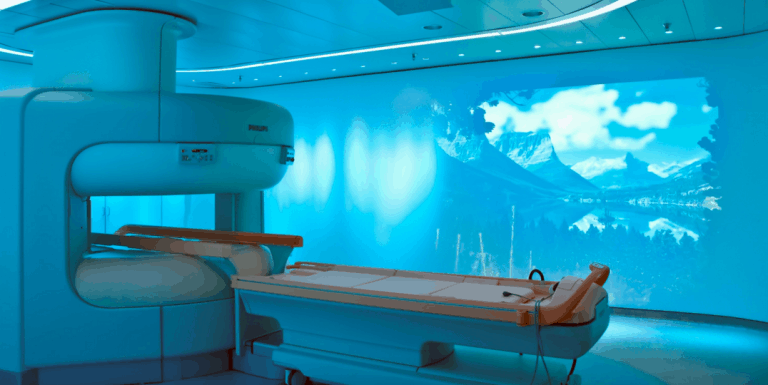A recent study was undertaken to determine whether selenium has the ability to prevent prostate cancer in men who have high-grade prostatic intraepithelial neoplasia, or HG-PIN, a specific risk factor for prostate cancer. Results of the earlier SELECT study found that selenium therapy does not prevent prostate cancer in men in general, but it was not known whether selenium for high-grade PIN might be helpful in preventing prostate cancer.
HG-PIN is an abnormality a pathologist may see on a biopsy or on prostate tissue from a gland that has been removed. Although it is not normal prostate tissue, it also is not cancerous tissue. Thus far, research indicates that HG-PIN, if left alone, will progress to prostate cancer.
The randomized, double-blind, multicenter trial enrolled 423 men older than age 40 who had had a negative digital rectal examination and who had been diagnosed with HG-PIN with no signs of prostate cancer. To qualify for the study, the PSA level in all the participants had to be less than 10 ng/ml, and none of the men could have been treated recently with selenium or any 5-alpha-reductase inhibitor, such as finasteride.
A dose of 200 mcg of selenium was given to 212 men while 211 received placebo. The study lasted three years, after which time all the participants were to undergo a prostate biopsy. The authors of the study found that among the patients who actually had the follow-up biopsy, the number of prostate cancer cases in each group were similar: 50 of 137 patients (36.5%) who took selenium tested positive for cancer, and 50 of 134 patients (37.3%) who took placebo tested positive for cancer.
The Gleason scores (way to determine the prognosis of men with prostate cancer) for the men who tested positive for cancer were similar in both groups of men. The Southwest Oncology Group, which conducted the study, also reported that any side effects related to use of selenium were minimal.
The results of this study, which were presented at the annual meeting of the American Urological Association May-June 2010, show that not only is selenium ineffective in preventing prostate cancer in men in general, but that it also offers no advantage for men who have HG-PIN. This study also concluded that men with HG-PIN have at least a 35 percent risk for prostate cancer after three years of follow-up.
Reference
Marshall JR. Phase III trial of selenium supplementation to prevent prostate cancer among men with prostatic intraepithelial neoplasia. Presented at the annual meeting of the American Urological Association

